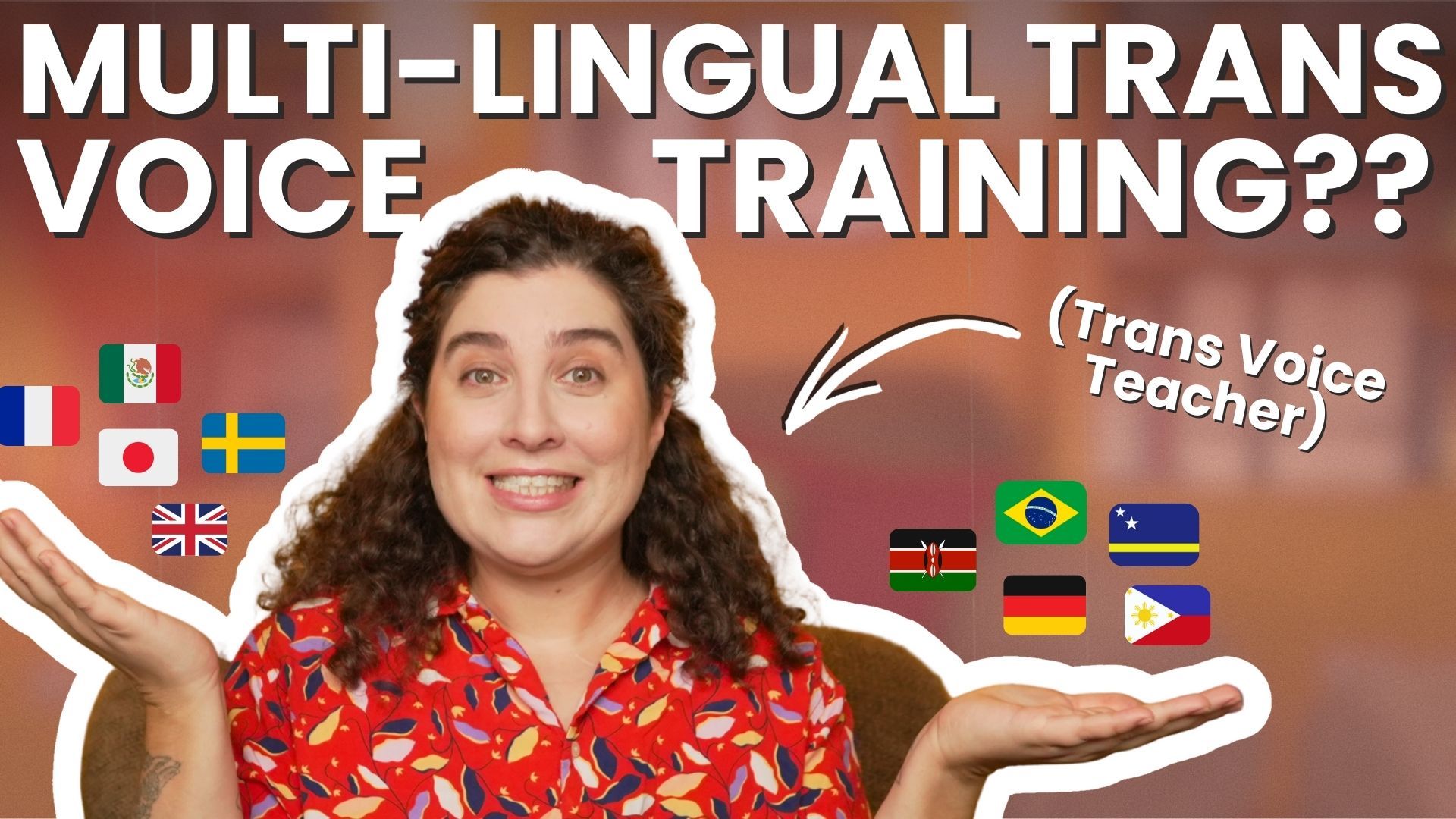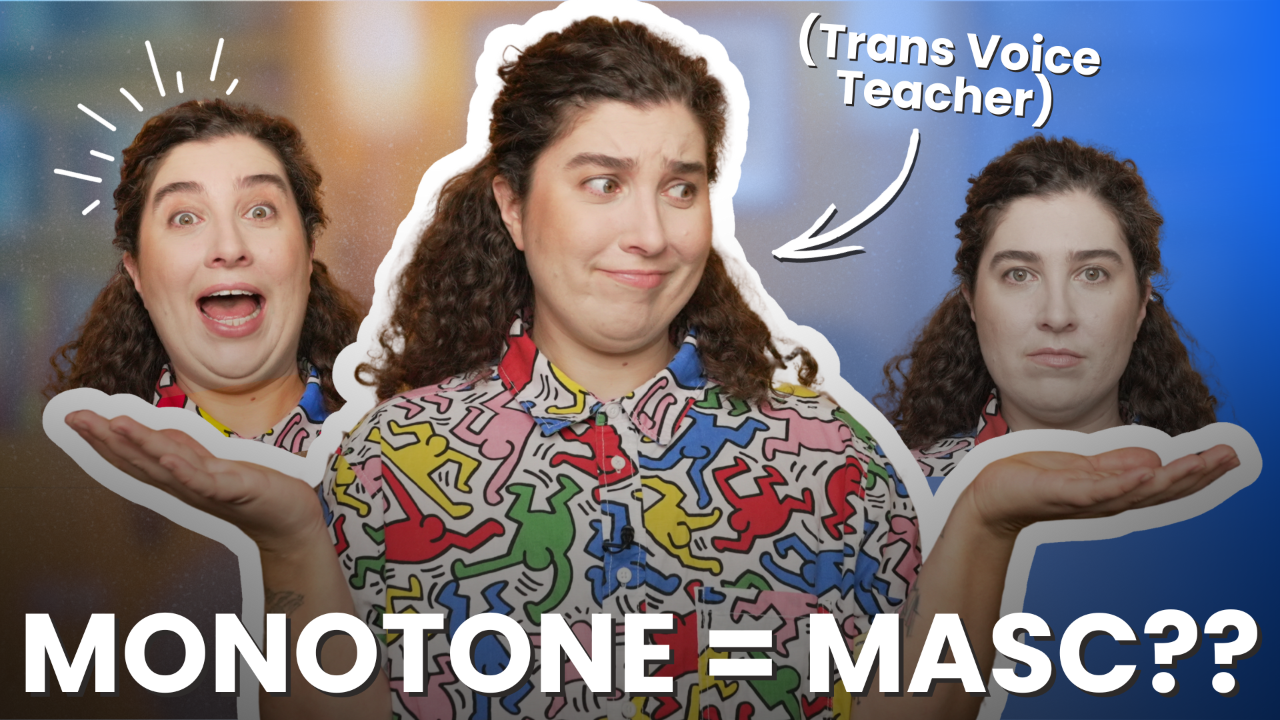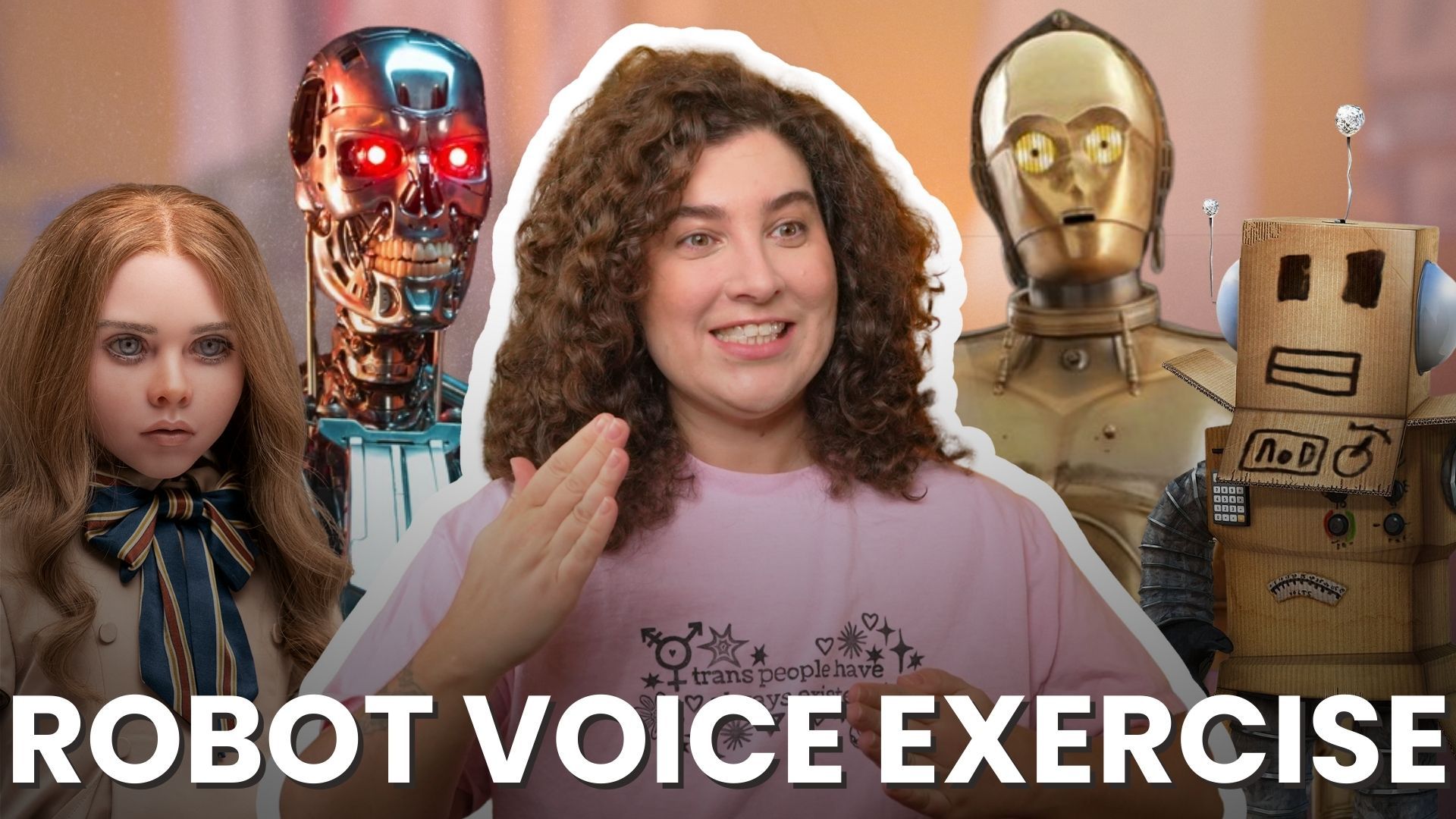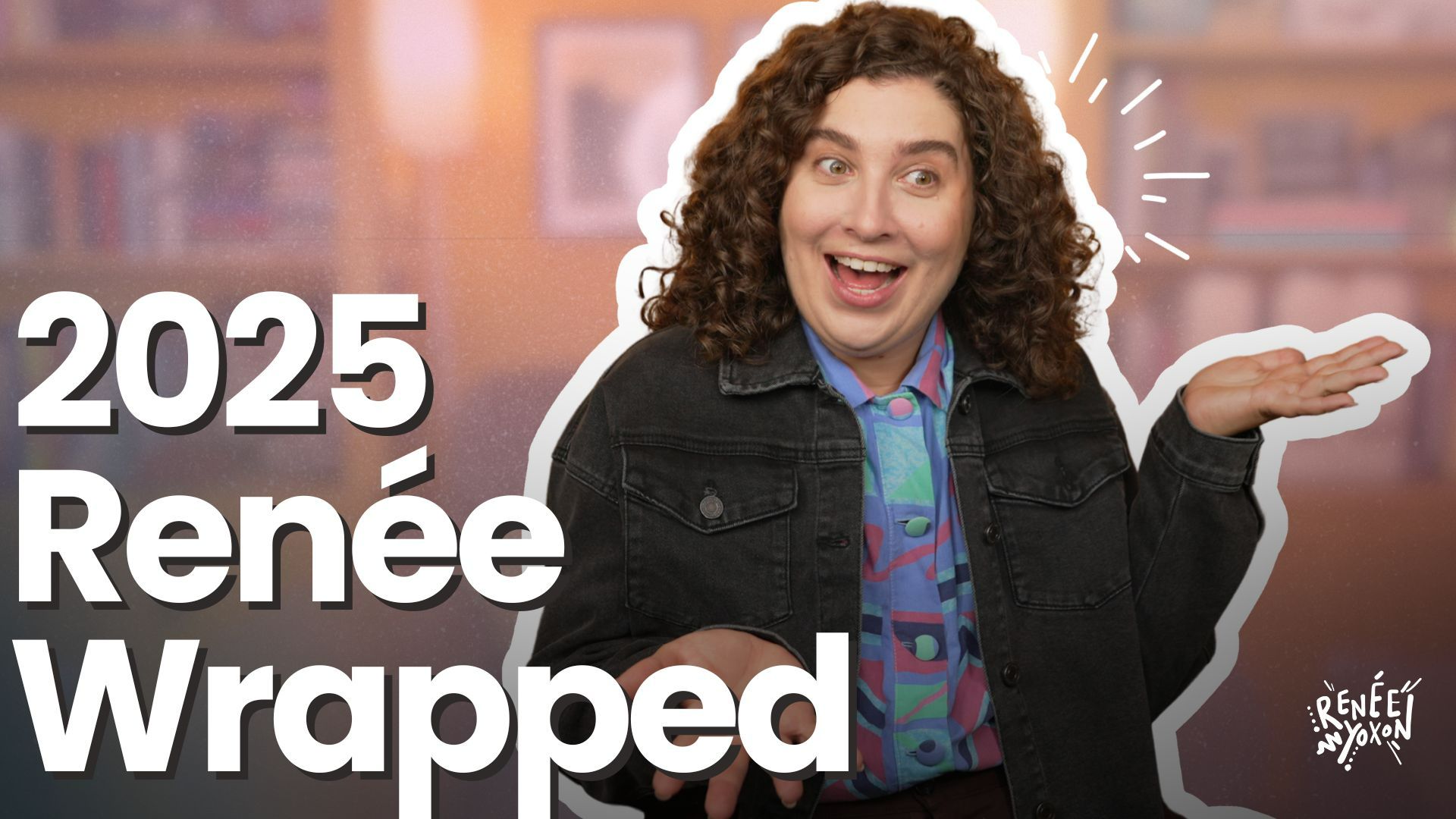Disability, arts practice, and COVID-19 in Quebec
Jul 28, 2020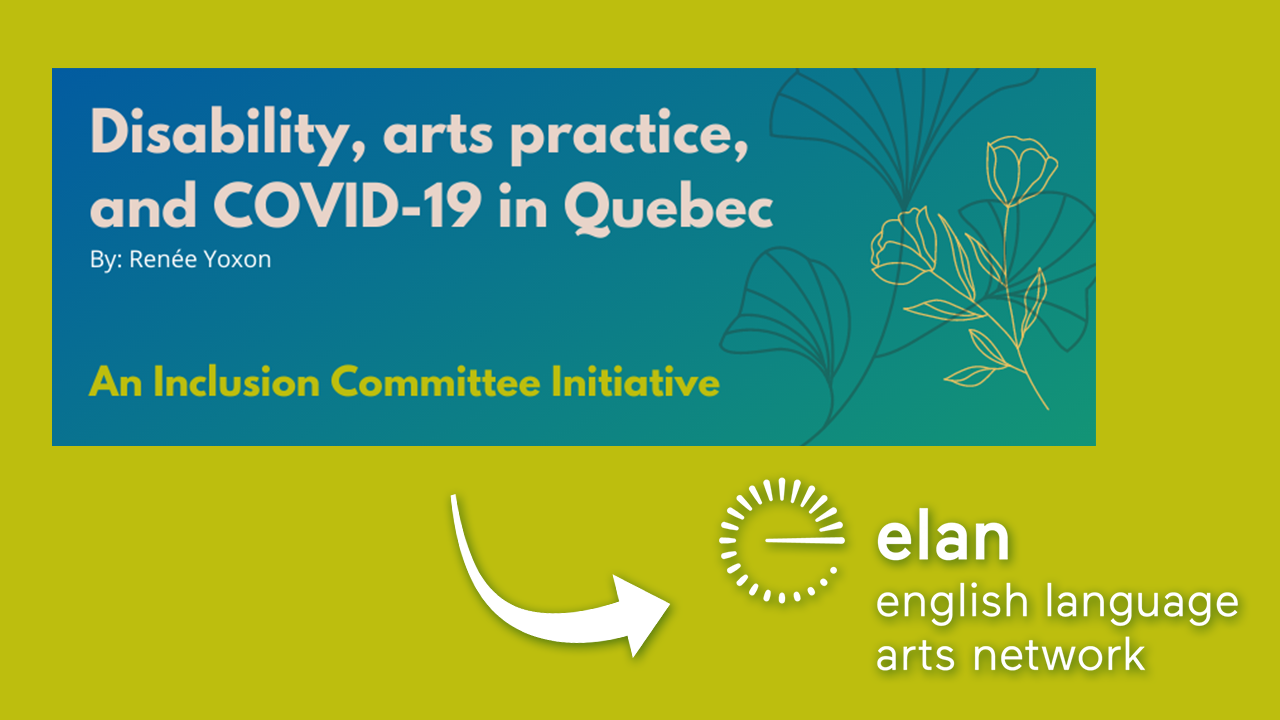
For this article, I interviewed three disabled artists in Quebec and asked them about their experiences. All the interviews were fascinating and eye-opening and I encourage you to check out the entire article, but here's an excerpt:
As the COVID-19 pandemic continues to unfold, artists everywhere have had their livelihoods impacted. In Canada, no province has been harder hit than Quebec. Quebec’s Premiere, François Legault, and Minister of Culture and Communications, Nathalie Roy, recently announced a recovery plan for Quebec’s arts sector that included hundreds of millions of dollars in investment. But is this recovery plan reaching Quebec’s artists with disabilities? Disabled artists are far from monolithic. They occupy every race, class, gender and sexuality, and use every artistic medium to express themselves. Because the experiences of artists with disabilities are so broad and diverse, the needs of individual disabled artists have lacked the necessary critical mass to get the coverage they deserve.
Within disability activism, many organizations have already begun to see the need to compile more qualitative data to truly understand the lived, intersectional experiences of people with disabilities. In the spirit of adding to this conversation, I spoke with three Quebec-based artists – Bára Hladik, Corinna Hodgson, and Willow Cioppa – about how COVID-19 has impacted their lives, disabilities, livelihoods, arts practice(s), and sense of artistic community.
Bára Hladík is an emerging writer, multimedia artist, workshop facilitator and human rights reporter currently based in Tio’tiá:ke (Montréal). Born to Czechoslovak political migrants in Ktunaxa Territory, “Canada”, her work untangles the effects of disability, queerness and diaspora from the embodied subconscious through illustrations, poetry, sound and dreams. Her latest micro-offering is a series of illustrated “Spells Against Ableism.” Bára has ankylosing spondylitis, an autoimmune disorder that causes vertebrae in the spine to fuse. This disorder is treated with immunosuppressants. Throughout the pandemic, Bára has had to weigh the risks of allowing her inflammatory disease to thrive or being immunocompromised while a deadly and contagious virus spreads through her community.
Bára and I spoke at length about the different paces at which disabled artists do things compared to their non-disabled counterparts. She told me that even before the pandemic, she was frustrated that even within Disability Arts, “often the people who are given most visibility are the ones who are able to produce in a particular way and there’s a lot less focus on artists who are being just being creative”. There are so many artists with disabilities who have to go at a pace that doesn’t necessarily line up with societal expectations of what an arts career trajectory should look like. Many disabled artists are not able to go to university and get an arts degree because of physical or financial barriers to access. Bára would like to see more young disabled artists “who are learning, and in the process, and don’t quite have their thesis statement yet.”
For artists like Bára, it can take years to silence the voice that holds their process to the same standards and timelines as their non-disabled peers. During the last several months of quarantine, Bára has had to, once again, grapple with these voices as non-disabled people have taken to online spaces in higher numbers than ever before, posting about “finding themselves” or using quarantine as an artistic residency. “Meanwhile,” Bára says, “we are fighting for our lives, cut off from regular care, and likely have to reframe our practice with little or no support.”
As an immunocompromised person, Bára is among Quebec’s most vulnerable population affected by COVID-19. And while the pandemic has made more people than ever aware of what “immunocompromised” means, Bára has not found that this has improved her access to artistic community. “I feel very alienated, to be honest,” she says, “because I see people not giving a fuck. And in some ways, certain folks have definitely reached out and are conscious and caring and I feel community with them … [but] on the other hand, I see people not taking it seriously and continuing to put themselves first.” As more arts spaces in Quebec begin to open up, those that don’t enforce the use of masks and social distancing will not be accessible to Bára.
Keep reading to see my interviews with Willow Cioppa and Corrina Hodgson.
Want weekly tips, resources, and insights on trans voice training? Sign up for my newsletter and get the latest content delivered straight to your inbox. It's free!



